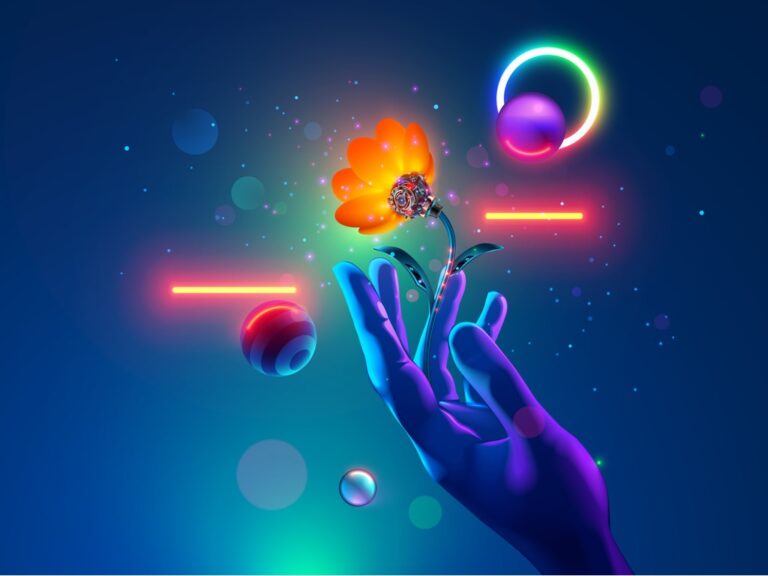AI-Generated Artwork Cannot Be Copyrighted Rules Appeals Court
March 26, 2025

The US Court of Appeals for the DC Circuit has ruled that AI-generated artwork without human involvement cannot be copyrighted under the US Copyright Act of 1976. The case is Stephen Thaler v. Shira Perlmutter et al.
Ella Fincken of ICLG’s Global Legal Group writes that the decision aligns with the US Copyright Office’s stance that fully AI-generated artwork and other content is ineligible for copyright protection.
Dr. Stephen Thaler sought copyright registration for an artwork created by his AI system, the “Creativity Machine,” but was repeatedly denied because human authorship is a fundamental requirement for copyright eligibility.
Thaler’s legal battle began after multiple rejections from the copyright office and its review boards. In 2022, he filed a lawsuit against the office and its director, arguing that AI-generated works should qualify for copyright protection under the Copyright Act. He also claimed that, as the AI’s creator, he had a right to own the copyright under the work-made-for-hire provision.
The district court rejected his claims, emphasizing that human authorship is a core requirement of copyright law. The court also dismissed his work-made-for-hire argument, stating that the provision assumes an existing copyright interest, which an AI system cannot hold.
The US Court of Appeals for the District of Columbia upheld the lower court’s ruling, reinforcing that the term “author” under the Copyright Act refers exclusively to humans.
The court further clarified that copyright law does not prohibit works created with AI assistance, provided a human author is involved. However, because Thaler had listed his AI system as the sole author, his claim was invalid.
The court also stated that any potential changes to the human authorship requirement would be the responsibility of Congress, not the judiciary.
Lawyers advising businesses developing AI tools should emphasize the need to structure their workflows to ensure a clear human contribution if copyright protection is desired. The case highlights the evolving legal landscape of AI-generated artwork and other intellectual property, making it crucial for law firms to stay informed on legislative developments.
Critical intelligence for general counsel
Stay on top of the latest news, solutions and best practices by reading Daily Updates from Today's General Counsel.
Daily Updates
Sign up for our free daily newsletter for the latest news and business legal developments.



